To a large extent the reason American automotive companies General Motors, Ford and Chrysler - once known in Australia as ''The Big Three'' - thrived so well in Australia was because American driving conditions were much like ours where huge distances needed to be covered over appalling roads.
Unlike British automotive manufacturers who were busy building small four-cylinder, four-speed cars suitable for puttering around the Cotswolds, American car makers had their eyes fixed on developing countries like Australia where motorists were crying out for a powerful six-cylinder car with a lazy three-speed gearbox suitable for a long outback drive.
It's no wonder American manufacturers wanted to set up factories in Australia. For three consecutive years during the 1920s Australia was the biggest export market for the US. Why wouldn't you build a car in Australia?
From the moment the first locally made General Motors Holden's car - the 48/215 - rolled off the brand-new Australian production line in 1948 we embraced an Australo-American-style of motoring for the next 30 years. In time the six-cylinder found under the bonnet of a garden-variety Holden or Ford Falcon grew a bit more into a range of brutal, thirsty V8s fuelling the emergence of a uniquely
Australian tribal culture whereby families swore Civil War-style blood-oaths to champion either Holden or Ford. But the mid 1970s saw very real threats to the Australian car industry - spiraling inflation, a global oil crisis and the introduction of new safety compliance rules coupled with drastic exhaust emission controls placed whopping pressure on local car manufacturers.
On top of that Australian motorists were now warming to smaller, cheaper Japanese imports. GMH was in trouble. In 1976 a new management team arrived headed by Minnesota born Chuck Chapman, chief engineer for General Motors' German subsidiary Opel. Chapman, used to piloting less powerful but better handling European cars, took one drive of the locally built Australian product and embarked on an automotive jihad to fix the lousy ability for the Kingswood to do everyday things - like turn a corner or stop.
It was time to introduce the sort of European technology few Australians had experienced - rack and pinion steering and Macpherson strut suspension - that continental car manufacturers had been employing since WWII.
Further it was time to replace the old billiard-table sized Kingswood with something more compact, more efficient, more stylish - more European - so GMH experimented with a hybrid of two popular German General Motors cars - the Opel Rekord and Senator.
It took some time to get it right. The Rekord when thrashed on outback roads had a tendency to break in half and the whole project would regularly return to the drawing board requiring considerable beefing-up for Australian conditions.
In the end GMH got it right. The gamble to upgrade and modernise the Holden sedan proved a quantum leap.
The arrival of the VB Commodore in 1978 was heralded in ads as ''world class''. And for an Australian car it was, being awarded Wheels magazine's car of the year and praised for it's value for money, ride quality and handling - all things we weren't terribly familiar with back then.
Despite the occasional hiccup the Commodore has reigned as the company's undisputed flagship, but in 2013 our motoring tastes have changed. Today's Commodore still presents astonishing value but Australians no longer have the hard-wired urge to own a big six or eight cylinder sedan.
Where once TV ads for Holden cars showed a family-filled Commodore belting along a bush track, today's advertisements depict Australians as aspirational, funky city dwellers grooving from the gym to a café to a nightclub in a car a third of the size.
As we know, the Holden Commodore's American parent has all but scuppered it with the announcement General Motors will shut-up shop in Australia. And the release of sales figures this week announcing 2013 as being the Holden's worst-ever year - the mighty Commodore slipping some 9 per cent in 2013 - justifies their decision. Chuck Chapman, the Commodore's overseer, never saw the demise of his creation - he passed away on December 18, 2012.





.jpg)
.jpg)



.jpg)
.jpg)












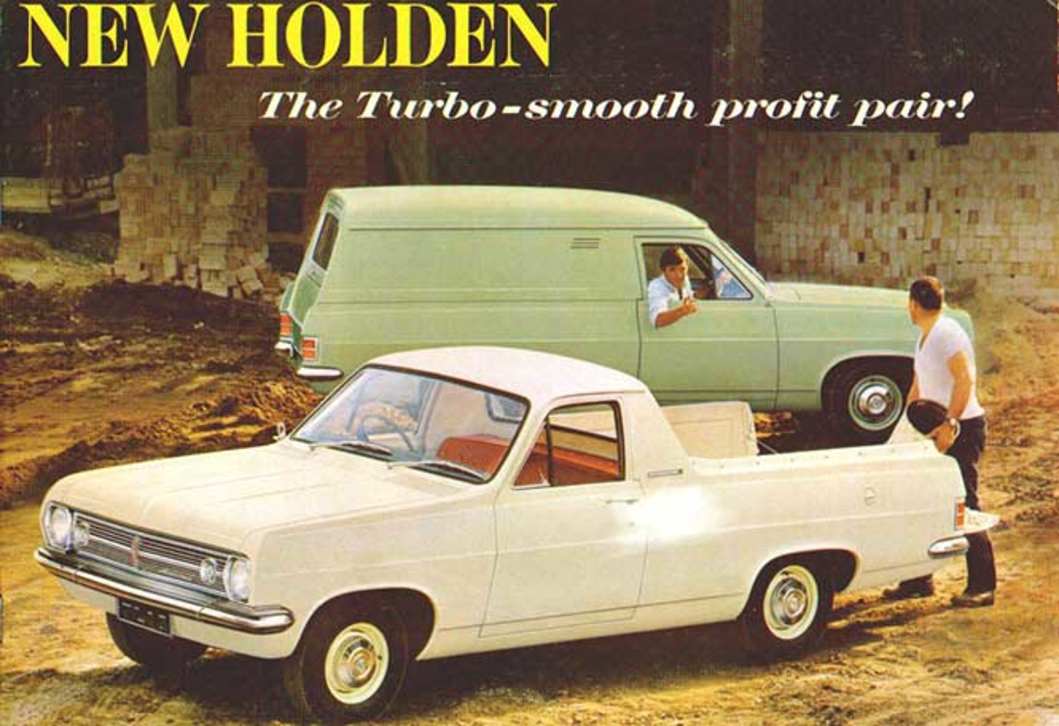








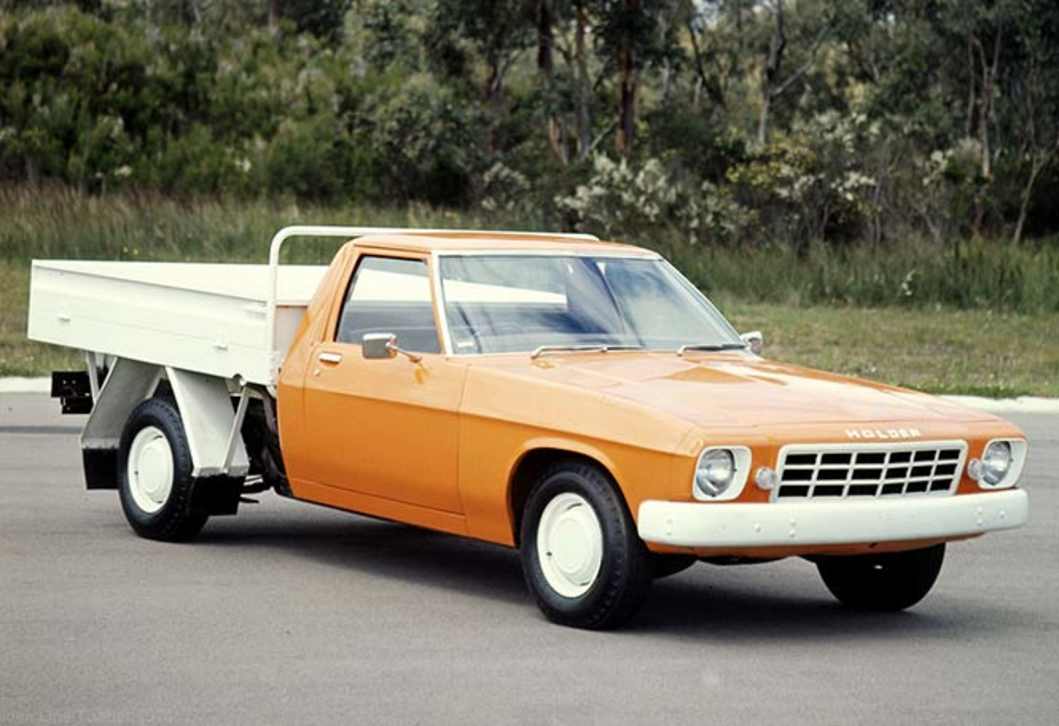
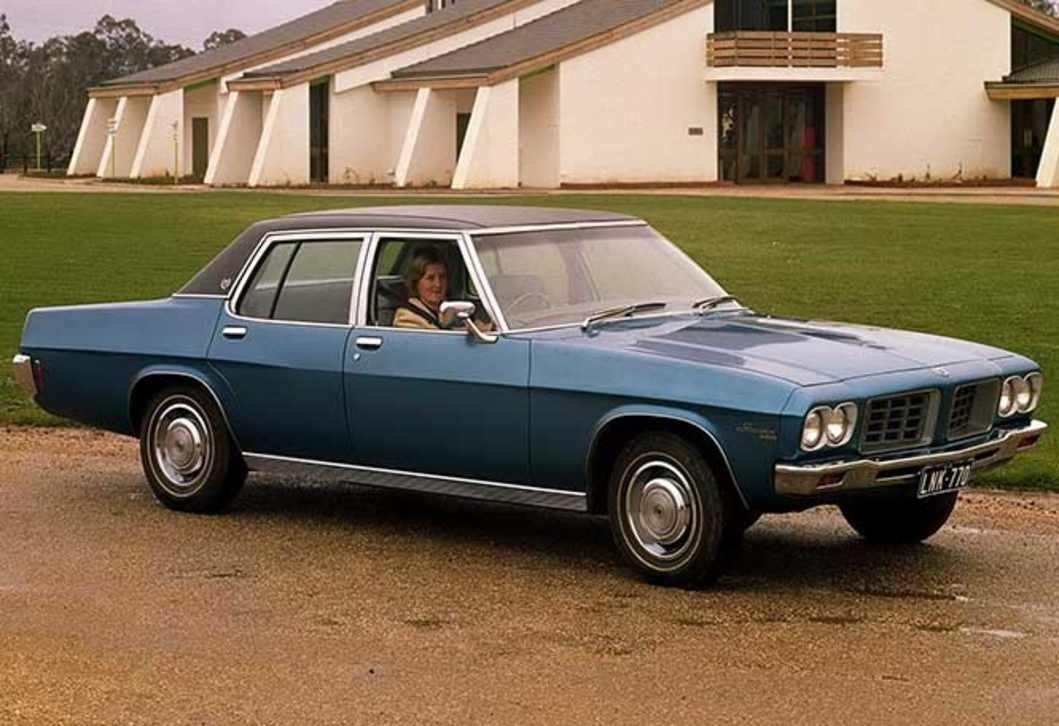

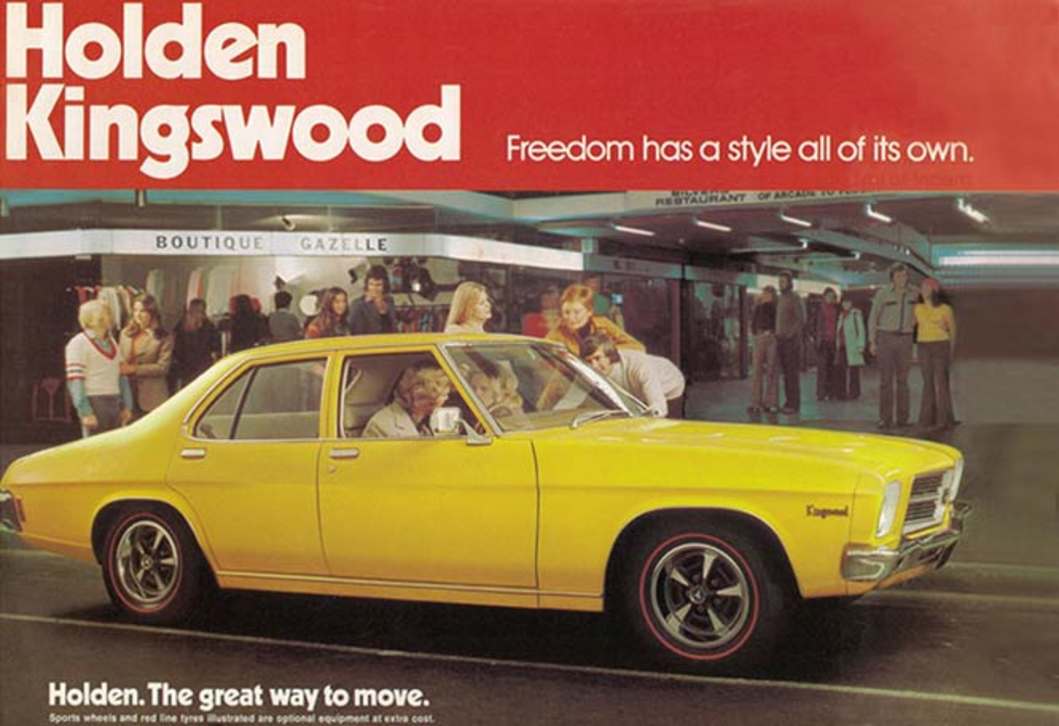


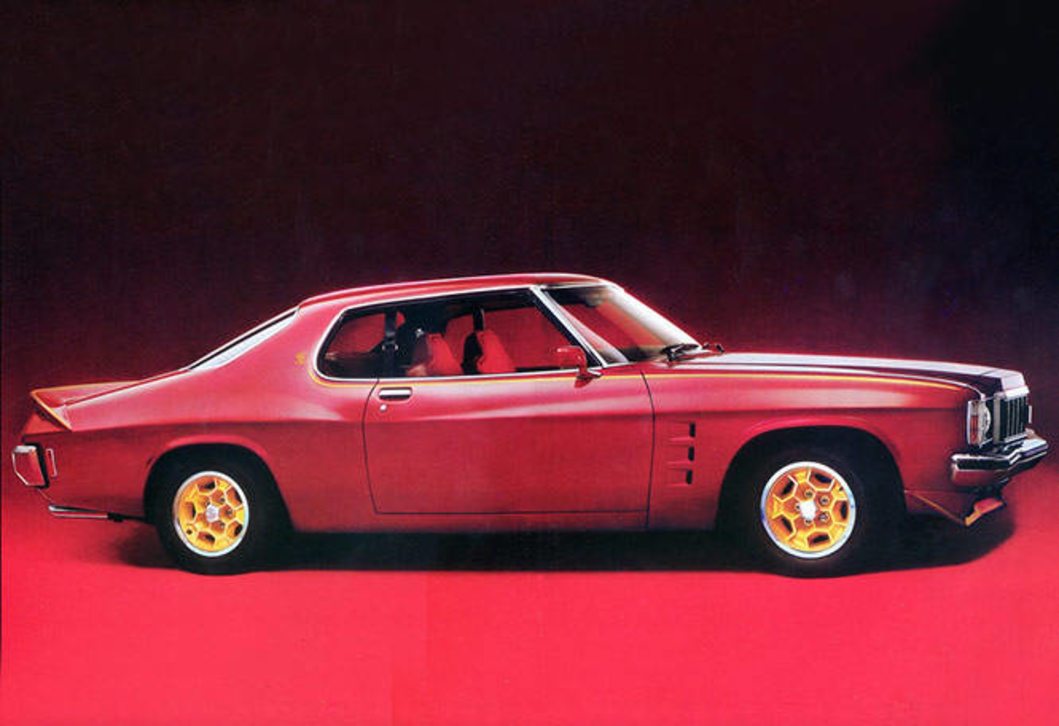






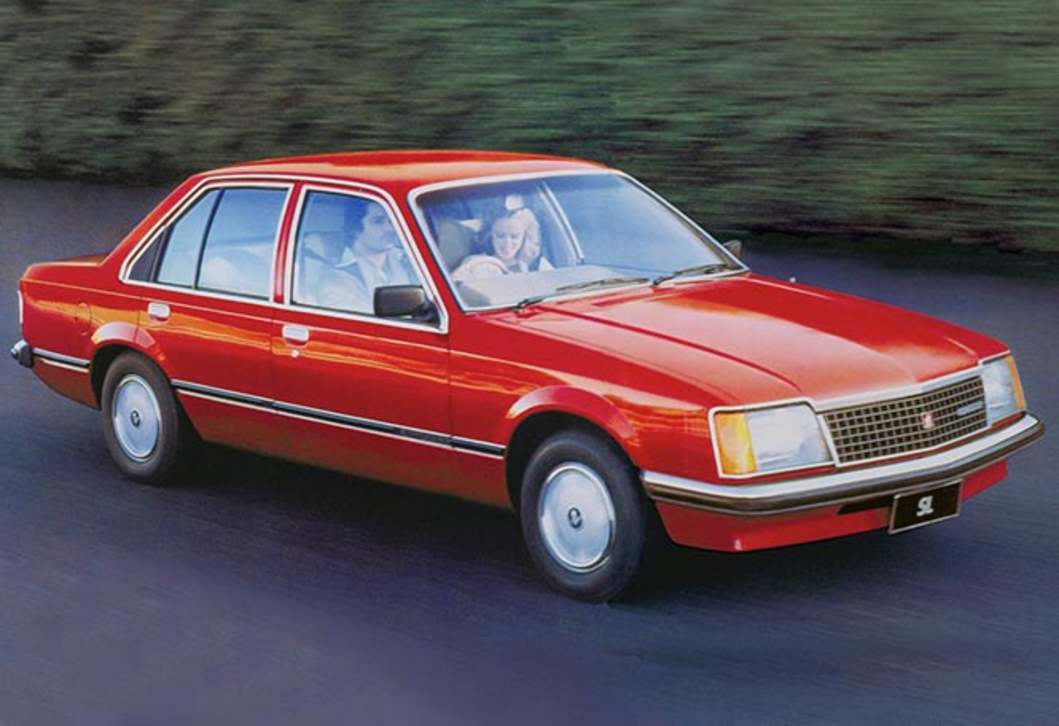

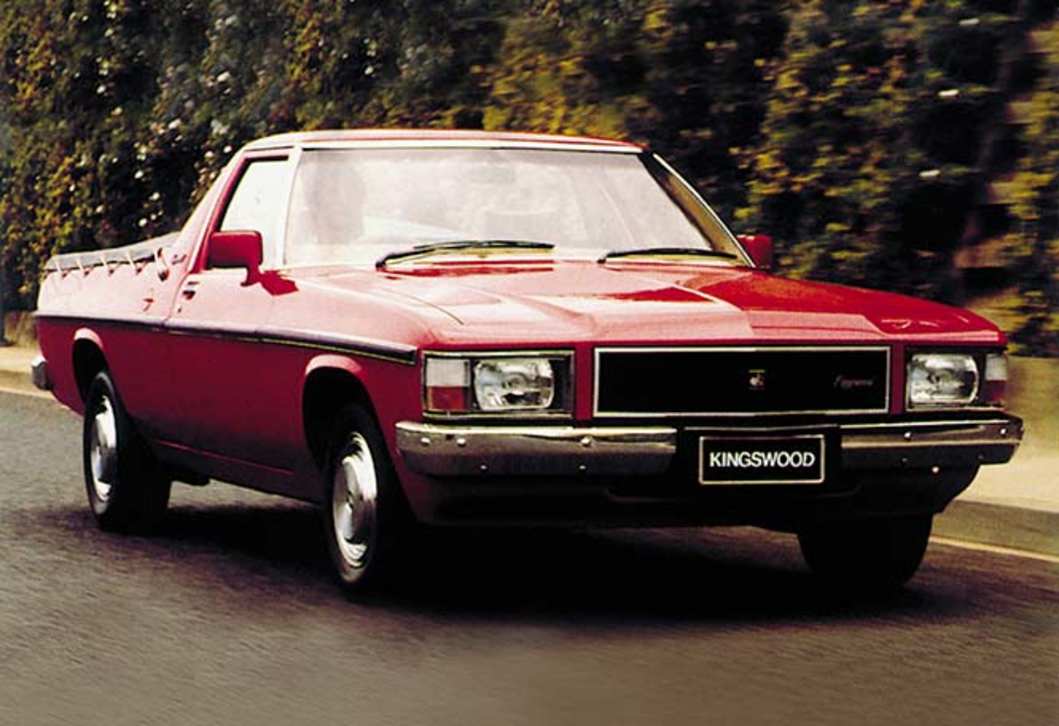
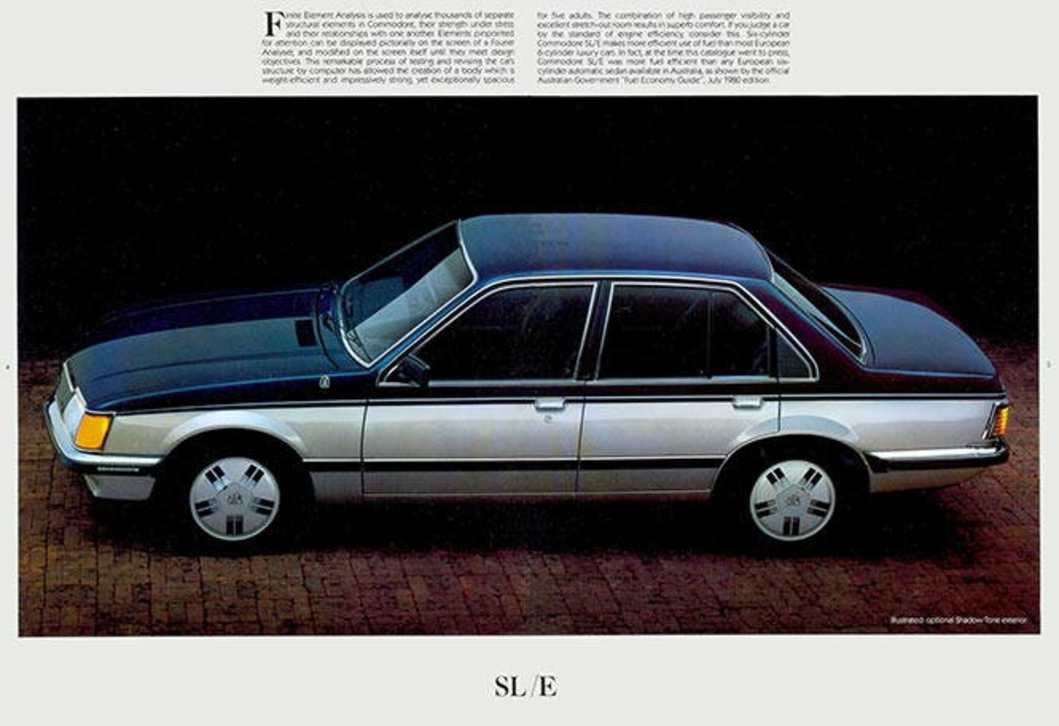



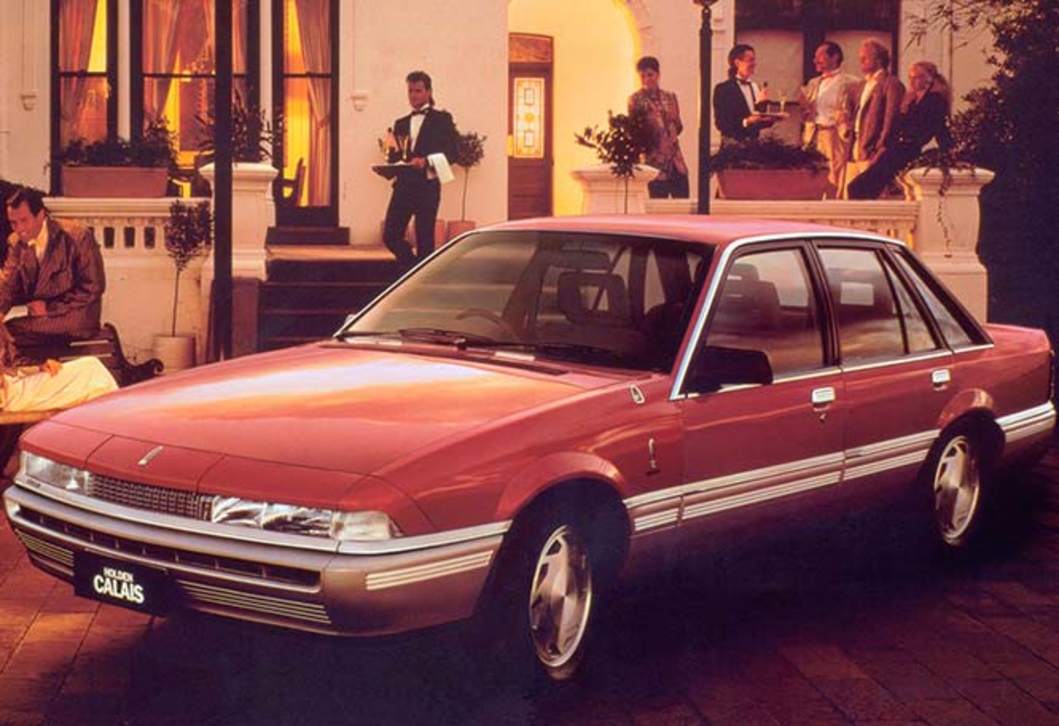

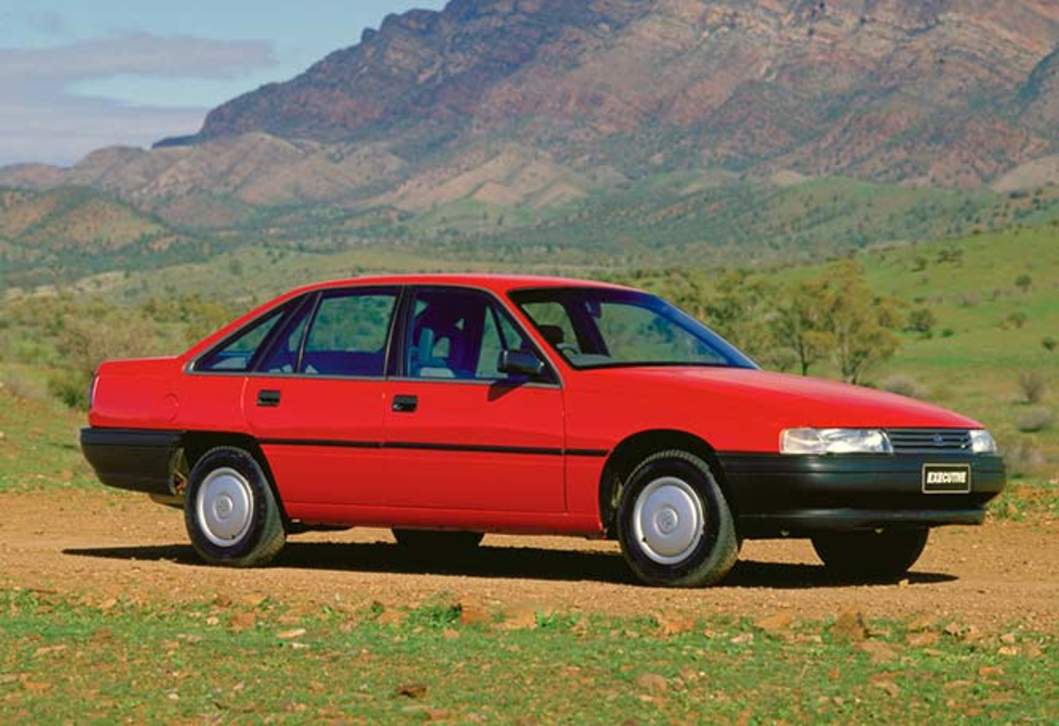







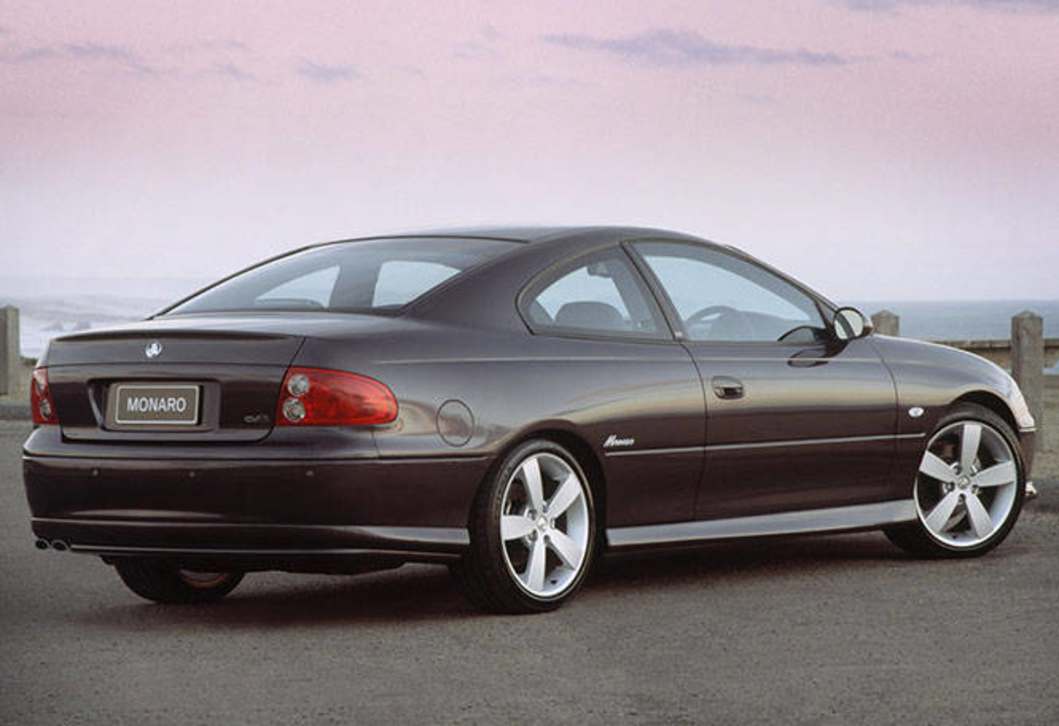


































































.jpg)
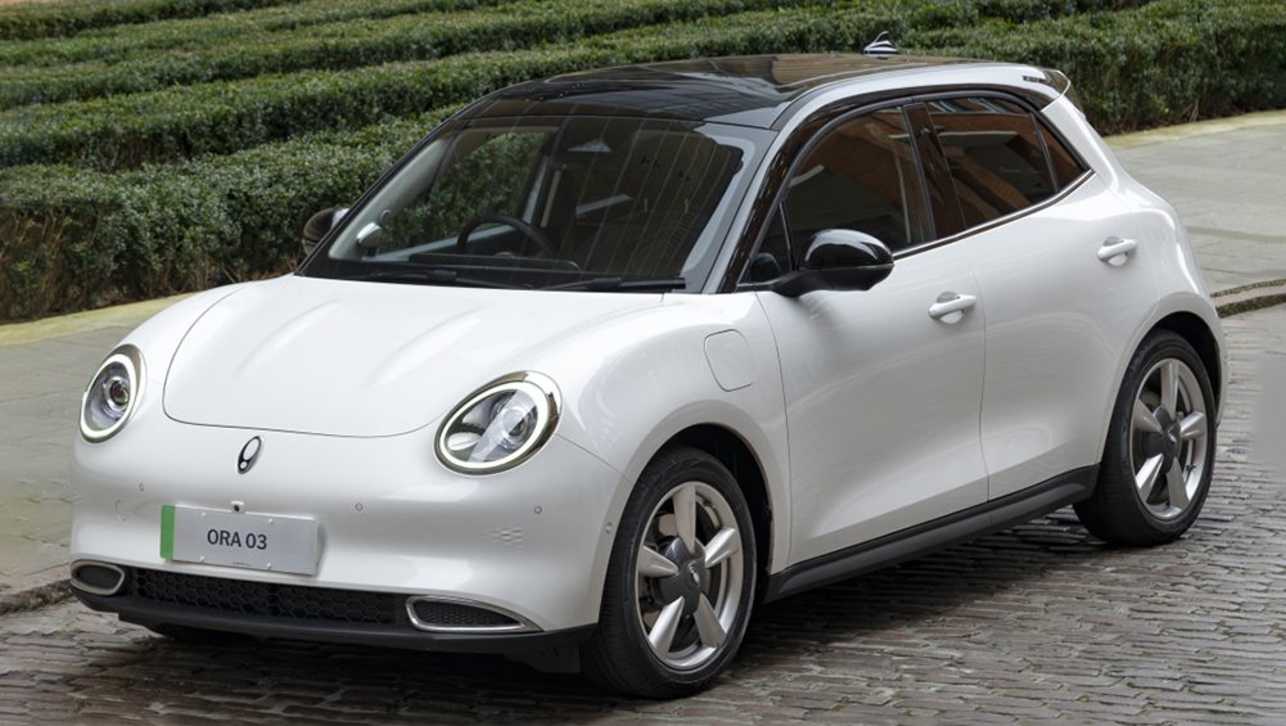

.jpg)
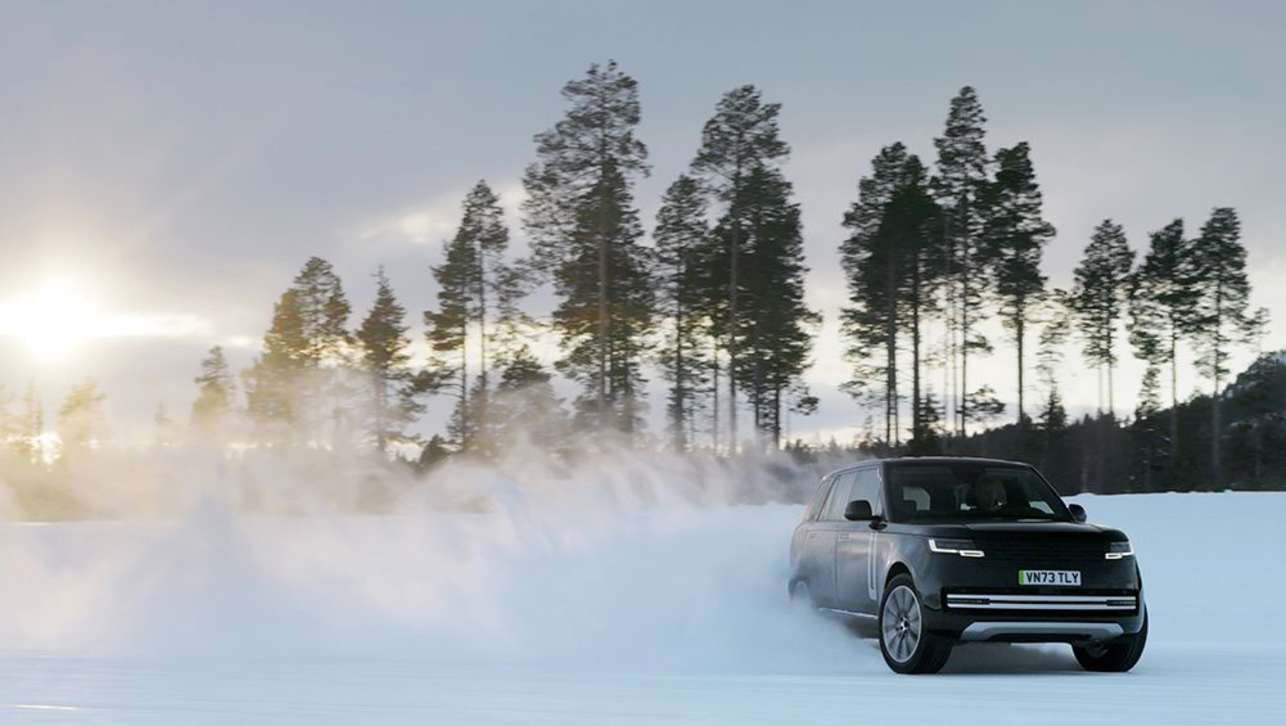

.jpg)
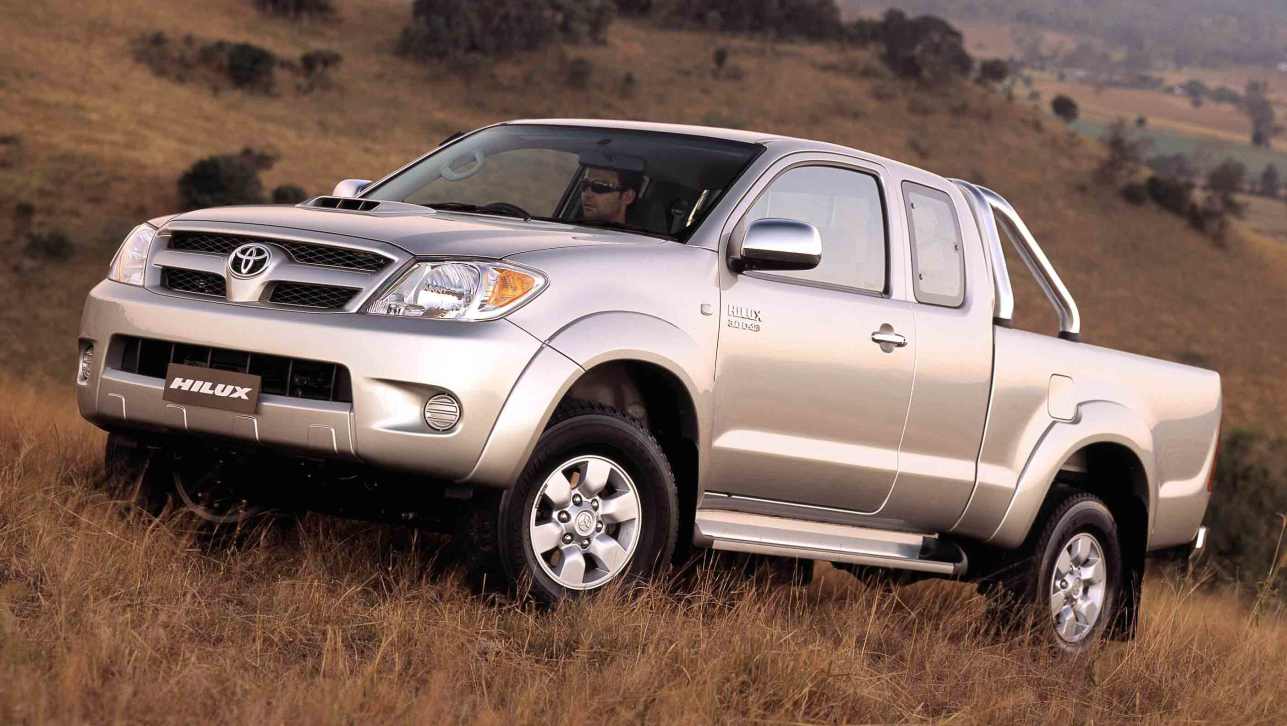

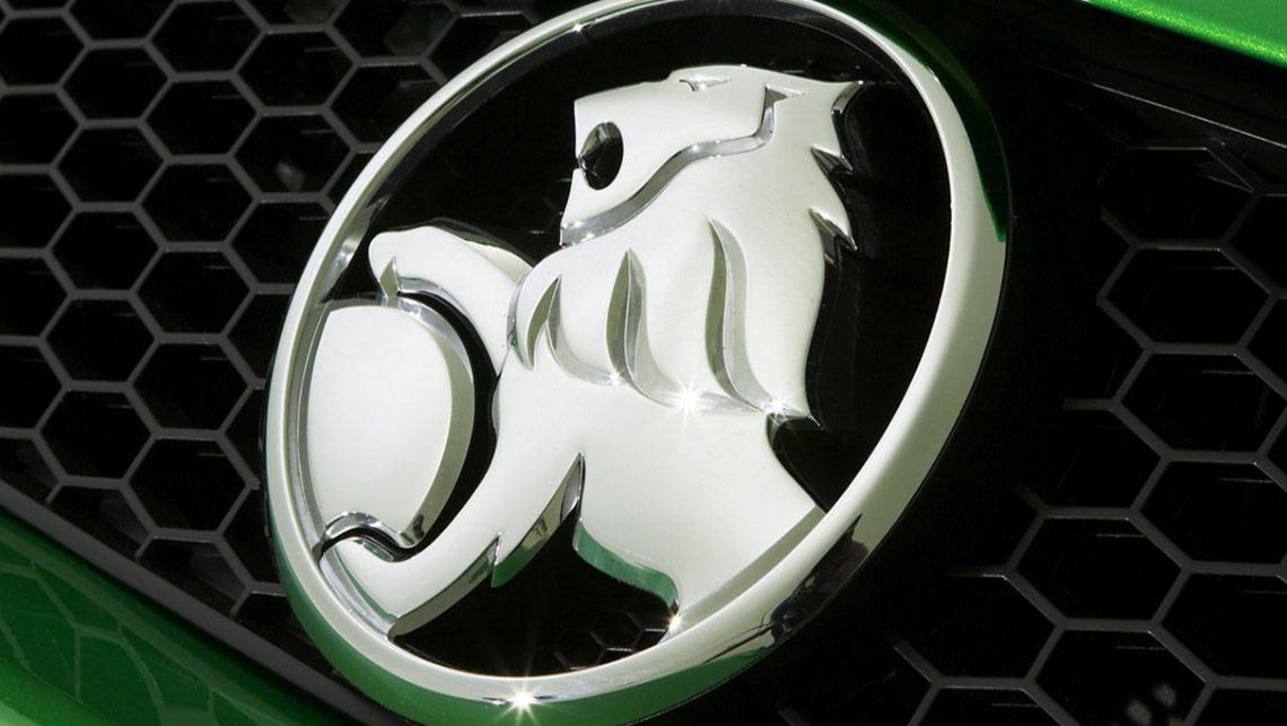




Comments